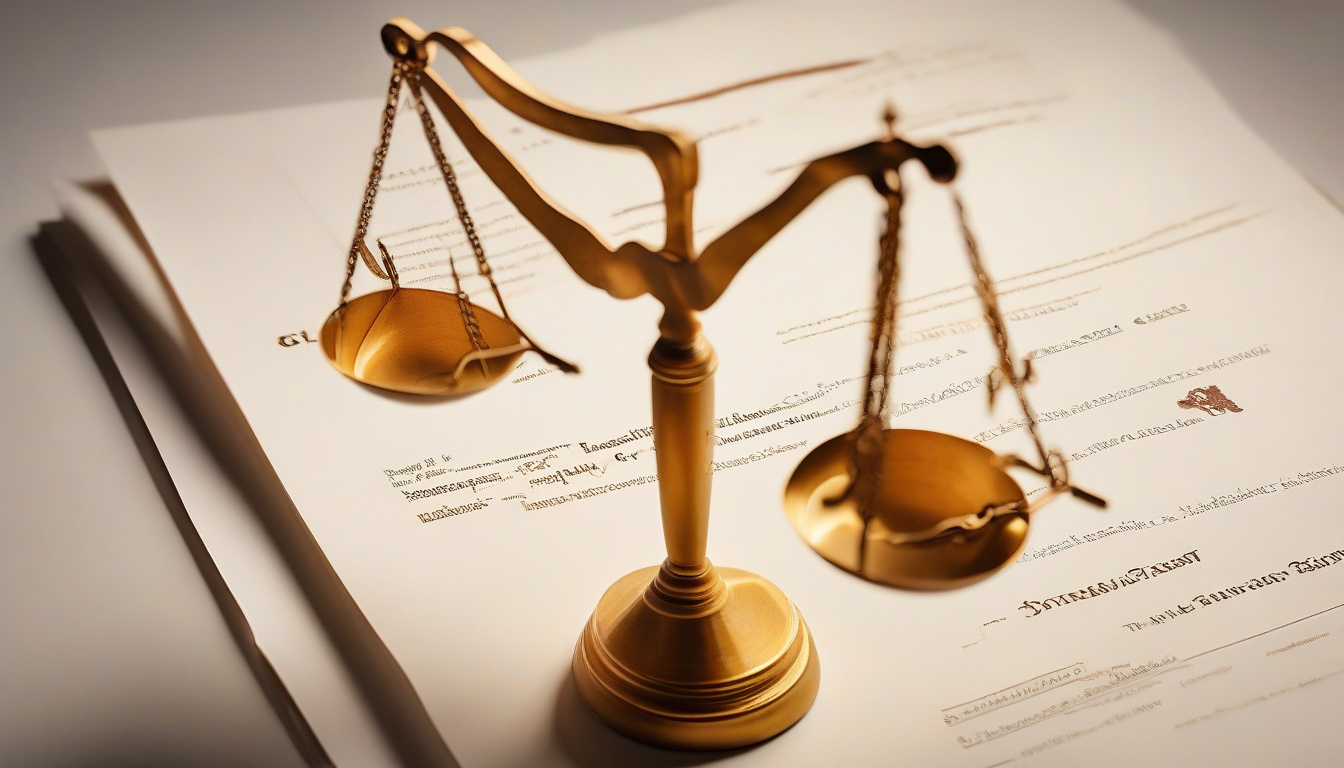Estate conservation matters. People use it to shield wealth, cut taxes, and keep a lasting legacy. Whether you own real estate, manage a family business, or hold financial assets, smart estate conservation stops loss and complications. This article shows key ways to guard value and secure your legacy.
Understanding Estate Conservation
Estate conservation means planning your assets with care. It cuts estate taxes, skips probate hold-ups, and clears how heirs gain wealth. This method keeps asset value high and reduces risks at estate settlement. With tax thresholds rising and laws shifting, clear legal tools and tax-friendly choices build a strong plan.
This approach not only guards your assets. It lessens family clashes and meets charitable wishes. Starting early can stop high court costs that may hurt your estate.
Key Parts of Good Estate Conservation
A full estate conservation plan looks at many pieces:
-
Estate Planning Documents
Make clear, legal papers like wills, trusts, powers of attorney, and health care guides. Trusts—especially irrevocable ones—can shift assets out of your taxable estate while you still enjoy some perks. -
Tax Minimization Techniques
Use tax exemptions, annual gift limits, and skip-generation transfer options to cut estate tax. Lifetime gift planning and charitable giving work well here. -
Asset Protection
Protect your assets from creditors, lawsuits, and market risks. Family limited partnerships or LLCs can help manage and shield your assets. -
Business Succession Planning
If a business is part of your estate, clear plans keep its value and avoid breakups. -
Regular Reviews and Updates
Laws and life change. Review your estate plan every few years or when big changes occur.
Proven Strategies to Maximize Estate Value
Many methods work to preserve your estate. Consider these:
• Use Trusts to Protect Assets
Trusts link legal ownership and beneficiary rights. They trim estate taxes, guide asset spread, and stop probate. Revocable living trusts, irrevocable life insurance trusts, and charitable remainder trusts are common choices.
• Leverage Lifetime Gifting
Gifting now passes wealth and shrinks your taxable estate. The annual gift limit lets you give certain amounts tax-free.
• Form Family LLCs or Partnerships
Family LLCs or partnerships bring assets under one roof. They help manage assets, centralize control, and even lower tax bills through valuation discounts.

• Purchase Life Insurance Through Trusts
Life insurance owned by an irrevocable life insurance trust (ILIT) brings funds at death. This covers taxes without bloating your taxable estate.
• Charitable Giving
Donating to qualified groups meets personal goals. It also gives tax breaks for income and estate taxes.
Simple Steps to Start Estate Conservation
Ready to protect your legacy? Follow these steps:
-
Assess Your Assets and Goals
List your estate, note asset types, and set clear legacy goals. -
Consult Estate Planning Professionals
Talk with experts like attorneys, tax advisors, and financial planners who know estate conservation. -
Select the Right Tools
Pick trusts, gift plans, or business setups that fit your needs. -
Draft and Execute Legal Documents
Work with experts to create strong estate papers. -
Communicate with Heirs and Beneficiaries
Clear talk stops conflicts and sets expectations. -
Review Regularly
Update your plan every few years or after big life changes.
Common Challenges and Solutions
Estate conservation can be tricky, especially with many assets or a large family. Common issues include:
• Complex Tax Laws
Federal and state rules need expert help.
• Family Disputes
Unclear plans can spark fights.
• Illiquid Assets
Some assets, like art or real estate, are hard to value and split.
• Changing Regulations
New tax rules may affect your plan.
Work with experienced advisors and stay flexible to beat these challenges.
Frequently Asked Questions (FAQs)
Q1: What is the difference between estate conservation and estate planning?
Estate conservation focuses on keeping your estate’s value. It lowers taxes and stops loss. Estate planning is broader. It covers managing, sharing, and legally protecting your estate.
Q2: Can estate conservation reduce estate taxes?
Yes. Trusts, lifetime gifts, and business setups can lower or delay estate taxes. This keeps more for your heirs.
Q3: How often should I update my estate conservation plan?
Review your plan every three to five years or after major life changes like marriage, divorce, the birth of a child, or big asset updates.
Authoritative Resource
For more on estate conservation and tax matters, see the IRS’s official Estate and Gift Tax Information resource at https://www.irs.gov/businesses/small-businesses-self-employed/estate-and-gift-taxes.
Conclusion: Take Action to Protect Your Legacy
Estate conservation goes beyond money. It is a promise to secure your family’s future and honor your legacy. With clear legal tools, tax-friendly choices, and honest talk, you can keep your estate strong and safe. Do not let probate or unexpected taxes cut into your life’s work. Act now. Work with trusted experts to build an estate conservation plan that meets your goals. Protect what matters, and let your legacy grow for the next generation.
Author: Doyle Weaver, Attorney at Law
Home | Estate Planning | Personal Injury | Hill Country Lawyer | Terms of Service | Privacy Policy
© 2025 Digital Law Firm, P.C.
Disclaimer: The content provided in this blog is for educational and informational purposes only. It is not intended to constitute legal advice or establish an attorney-client relationship. The information presented does not address individual circumstances and should not be relied upon as a substitute for professional legal counsel. Always consult a qualified attorney for advice regarding your specific legal situation. The author and publisher are not liable for any actions taken based on the content of this blog.


















